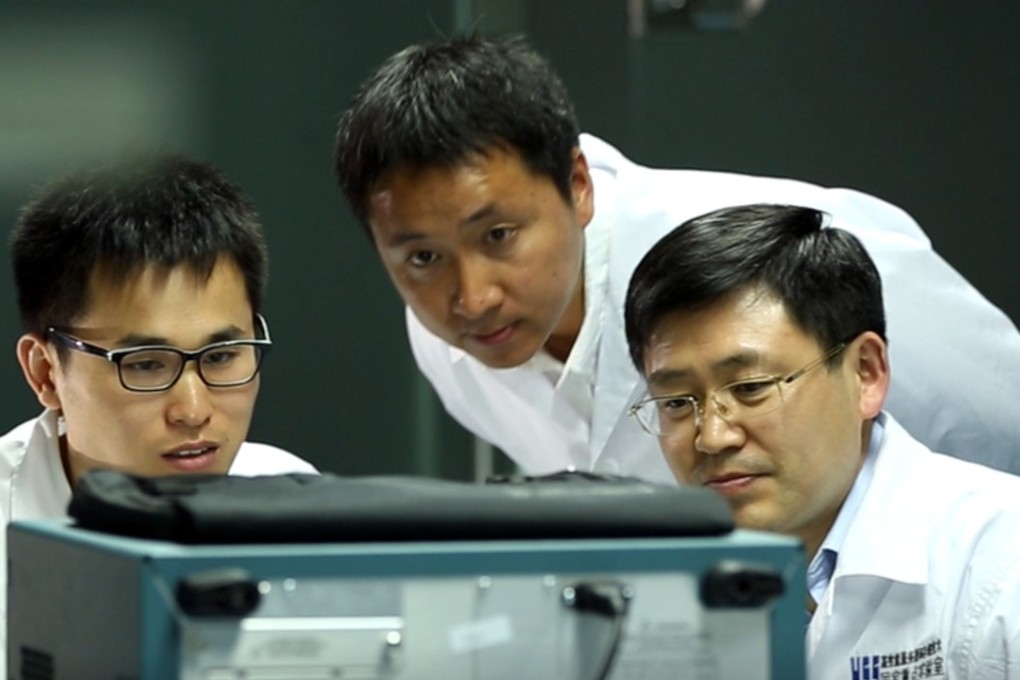China’s scientists overworked and underpaid compared with other professions, survey says
- Survey finds salaries are not keeping pace as top institutions focus on returning overseas talent
- Pressure to publish and lack of administrative support contributes to workload

China’s scientists are feeling the pinch, despite being at the heart of the country’s strategy to become a global powerhouse in science and technology.
While there are generous packages on offer for returning overseas Chinese scientists, the home-grown variety are feeling overworked and underpaid, according to a survey by the China Association for Science and Technology.
Xian Jiaotong University in northwest China offers young scientists an annual salary of at least 450,000 yuan (US$65,000) as well as a one-time bonus of 1 million yuan if they are deemed to be outstanding.
But the financial package comes with a clear requirement: successful applicants must be part of the “Young Thousand Talents” programme, a recruitment plan to bring overseas Chinese scientists back to the homeland.
Researchers who are not part of the talent plan can expect an annual salary of about 200,000 yuan.
How does Beijing plan to lead the world with ‛Made In China 2025’?
A medical biologist surnamed Liu works at the Nanyang Technological University in Singapore, where the Chinese college held a career fair in late October to recruit young scientists under 40.